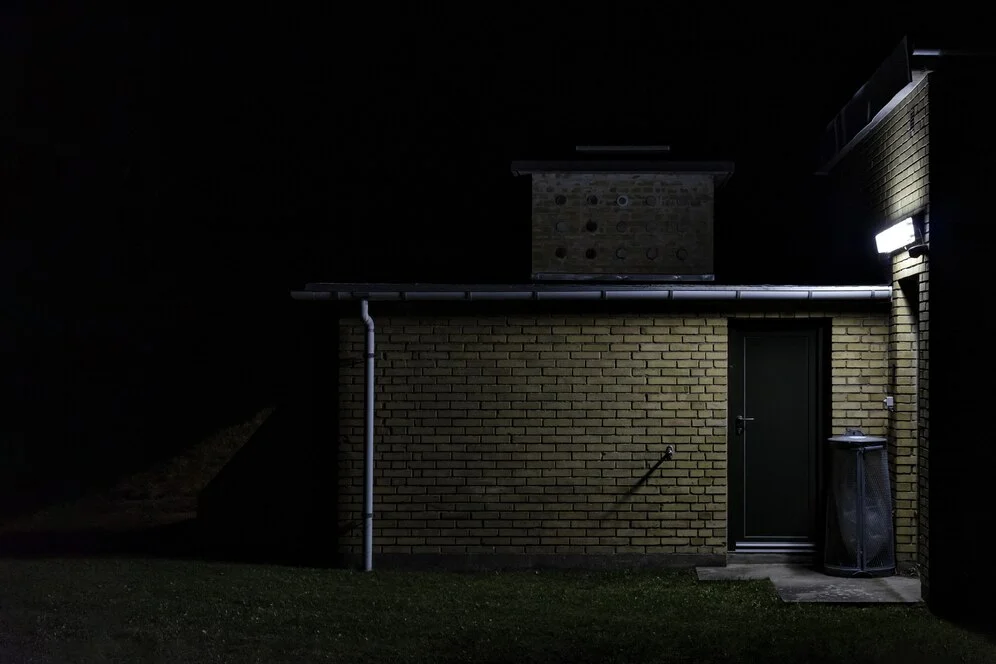Electrical problems at home can sneak up on you. At first, they may seem like minor inconveniences—a flickering light here, a tripped circuit breaker there. But poor electrical systems aren’t just annoying; they can lead to higher energy bills, damaged appliances, and even safety hazards like fires.
The good news? Your home gives you plenty of signs when something is wrong. You just need to know what to look for.
Let’s break down the most common signs of poor electrical systems, why they happen, and what you can do about them.
1. Frequent Circuit Breaker Trips
If your circuit breaker trips regularly, it’s a sign that your electrical system is overloaded. The breaker is designed to cut power when it detects too much current, preventing overheating and potential fires.
Why This Happens:
- You’re running too many high-energy appliances on the same circuit.
- Faulty wiring or damaged breakers are causing the system to overheat.
What to Do:
First, identify which devices are connected to the tripped breaker and redistribute them across circuits. If the problem persists, it’s time to call an electrician. If you’re living at Fort Collins, a professional Electrical Contractor Fort Collins can inspect wiring issues or recommend an electrical panel upgrade if your system is outdated.
2. Flickering or Dimming Lights

Do your lights flicker when you turn on appliances like a vacuum or microwave? That’s a red flag. Flickering or dimming lights usually indicate an unstable power supply.
Why This Happens:
- Loose or frayed wiring connections.
- An overloaded circuit that can’t handle the demand.
- Issues with the main electrical panel.
What to Do:
Check the bulb to make sure it’s securely screwed in or replace it if it’s old. If the flickering persists, the problem likely lies in the wiring or circuits, requiring professional attention.
3. Burning Smells or Scorch Marks
A burning smell or scorch marks around an outlet or switch are signs of overheating, which can lead to electrical fires. This is not something to ignore.
Why This Happens:
- Overloaded outlets or circuits.
- Faulty or loose wiring.
- Outdated electrical components unable to handle modern power demands.
What to Do:
Turn off the power to the affected area immediately and call an electrician. Avoid using the outlet or switch until it has been inspected and repaired.
4. Warm or Hot Outlets and Switches
Outlets and switches should never feel warm to the touch. Heat is a clear indication that too much electricity is flowing through the circuit or there’s resistance in the wiring.
Why This Happens:
- Loose or corroded wiring connections.
- High-wattage appliances being used on a standard outlet.
What to Do:
Stop using the outlet or switch and unplug any connected devices. Have an electrician inspect the wiring to address the root cause.
5. Buzzing or Humming Sounds
Your electrical system should operate silently. If you hear buzzing or humming sounds coming from outlets, switches, or your breaker box, it’s a sign of trouble.
Why This Happens:
- Loose wiring or connections creating electrical arcs.
- An overloaded circuit trying to handle more than it’s designed for.
What to Do:
Buzzing sounds indicate a potentially dangerous problem. Turn off the power to the affected area and schedule an inspection with an electrician.
6. Outlets Not Working Properly
Do you have outlets that don’t work or only power devices inconsistently? Faulty outlets are a clear sign of poor electricals.
Why This Happens:
- Internal wiring has become loose or damaged.
- The outlet is old and no longer functioning as intended.
What to Do:
If an outlet isn’t working, avoid using it until it’s repaired. A licensed electrician can replace the outlet and inspect the wiring behind it for further issues.
7. High Electric Bills Without Explanation
A sudden spike in your electric bill might not be due to your habits. Poor electricals can waste energy through phantom loads or inefficient power delivery.
Why This Happens:
- Faulty wiring creating energy leaks.
- Damaged circuits or components drawing more electricity than needed.
What to Do:
Use a smart meter or energy monitor to track your usage. If everything seems normal but your bills remain high, an electrician can identify and fix inefficiencies in your system.
8. Outdated Electrical Panel
Older homes often have electrical panels that aren’t designed for modern power demands. If your panel looks worn, has fuses instead of breakers, or can’t accommodate your appliances, it’s time for an upgrade.
Why This Happens:
- The panel is outdated and can’t handle today’s energy needs.
- Wear and tear from years of use.
What to Do:
Consider upgrading to a modern electrical panel with a higher capacity. This not only solves current issues but also future-proofs your home for increased energy demands.
9. Shocks or Sparks When Plugging In Devices
Feeling a mild shock or seeing sparks when plugging in appliances is a serious warning sign. It suggests improper wiring or damaged outlets.
Why This Happens:
- Loose or exposed wires causing electrical arcs.
- Grounding issues within the outlet or circuit.
What to Do:
Avoid using the outlet immediately and consult an electrician. Electrical shocks can indicate significant safety hazards.
10. Frequent Bulb Burnouts
If you’re constantly replacing lightbulbs, the problem may not be the bulbs themselves but the fixture or wiring.
Why This Happens:
- Loose wiring connections creating inconsistent power flow.
- Fixtures or circuits delivering too much voltage.
What to Do:
Switch to bulbs with the appropriate wattage for your fixture. If the problem persists, have an electrician inspect the circuit for underlying issues.
Why You Shouldn’t Ignore These Signs
Ignoring signs of poor electricals can lead to:
- Higher Costs: Problems like energy leaks and damaged appliances increase bills over time.
- Safety Risks: Faulty wiring is one of the leading causes of electrical fires in homes.
- Wasted Energy: An inefficient system drains electricity unnecessarily.
The longer these issues go unaddressed, the worse they’ll become.
When to Call a Professional
While some issues, like replacing a bulb or tightening a switch plate, can be DIYed, most electrical problems require professional expertise. If you notice any of the signs listed above, don’t hesitate to contact a licensed electrician.
Conclusion
Your home’s electrical system is like its nervous system—it needs to function properly to keep everything running smoothly. By paying attention to the signs of poor electricals, you can save money, prevent potential hazards, and ensure your home stays safe and energy-efficient.
Don’t wait for small problems to turn into big ones. Regular maintenance and timely repairs are your best defense against costly repairs and dangerous situations. Stay safe, stay proactive!







